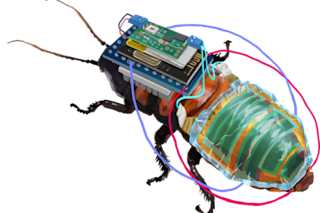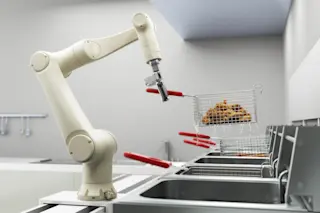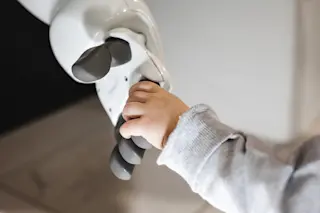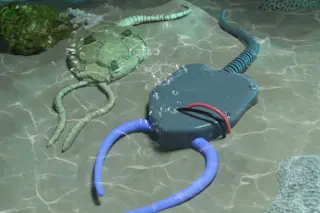Credit: Skydance Productions | Paramount Pictures A steady rise of artificial intelligence could give human societies time to adapt to the impact of the technological change. But humanity might face huge problems if an incredibly smart AI such as Skynet suddenly appeared tomorrow. That's why several AI researchers have begun looking to history for times when a technology suddenly improved by huge leaps and bounds. They're also willing to pay anyone between $50 and $500 for strong historical examples of such abrupt technological change. The "research bounties" on offer come from the AI Impacts project, an initiative founded by researchers from the Machine Intelligence Research Institute in Berkeley and the University of California, Berkeley. They're hoping to find strong historical examples of "discontinuous technological progress" in which a technology underwent a sudden jump in improvement. A large discontinuity involves more than 100 years of progress at once. A moderate discontinuity ...
Making Sure AI's Rapid Rise Is No Surprise
Explore the risks of discontinuous technological progress in AI and historic leaps like nuclear weapons. What could this mean for humanity?
More on Discover
Stay Curious
SubscribeTo The Magazine
Save up to 40% off the cover price when you subscribe to Discover magazine.
Subscribe













